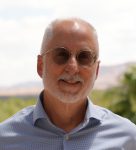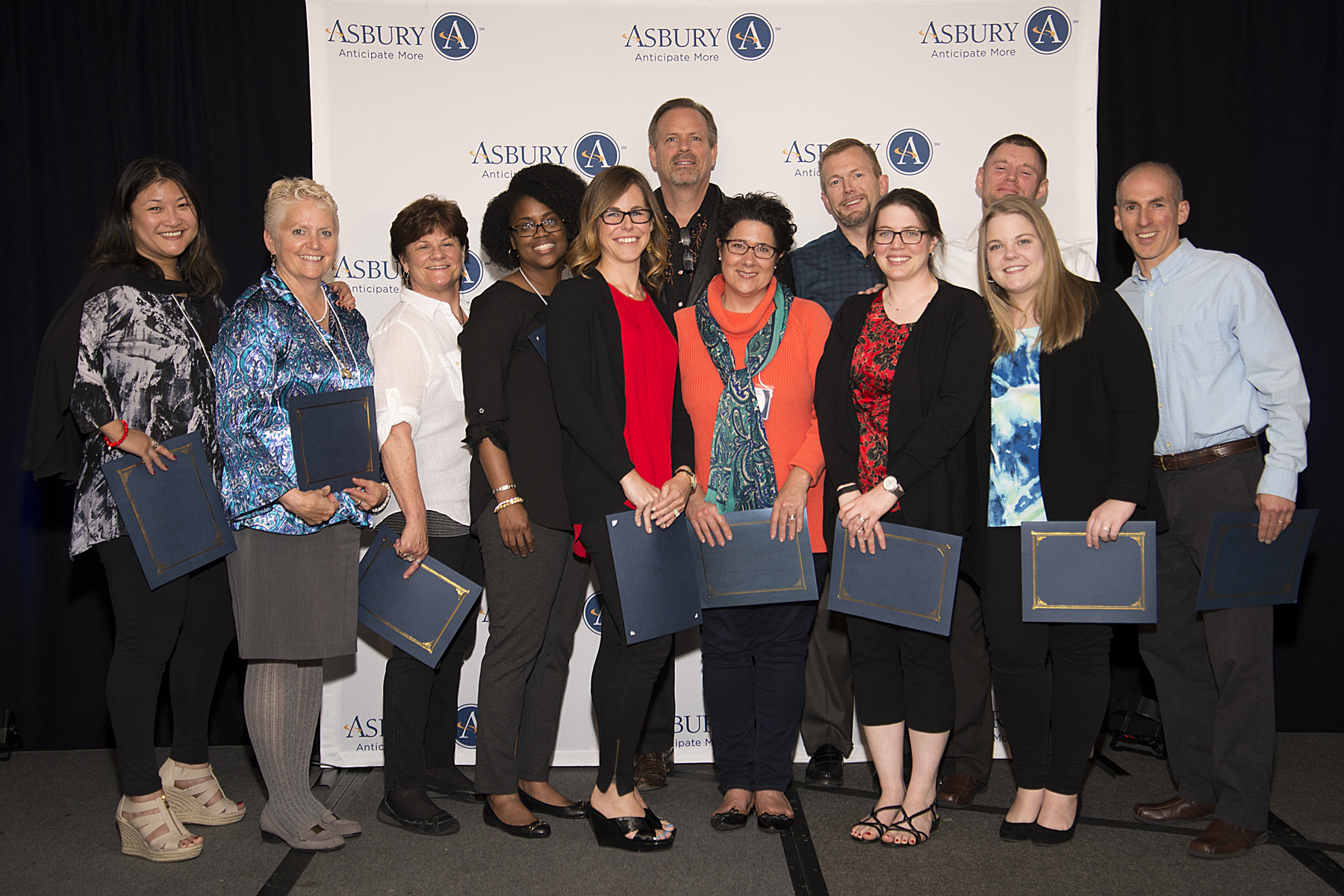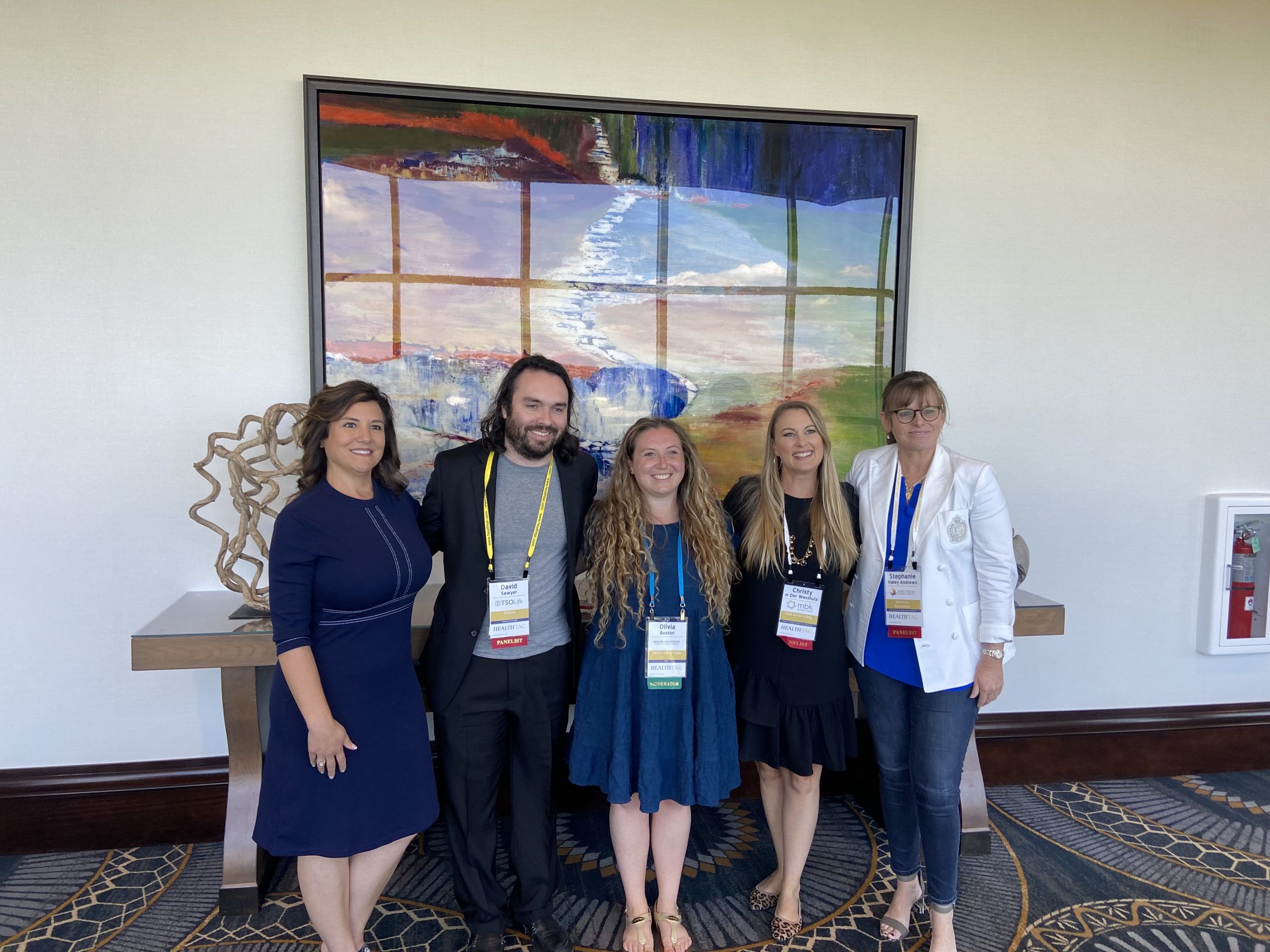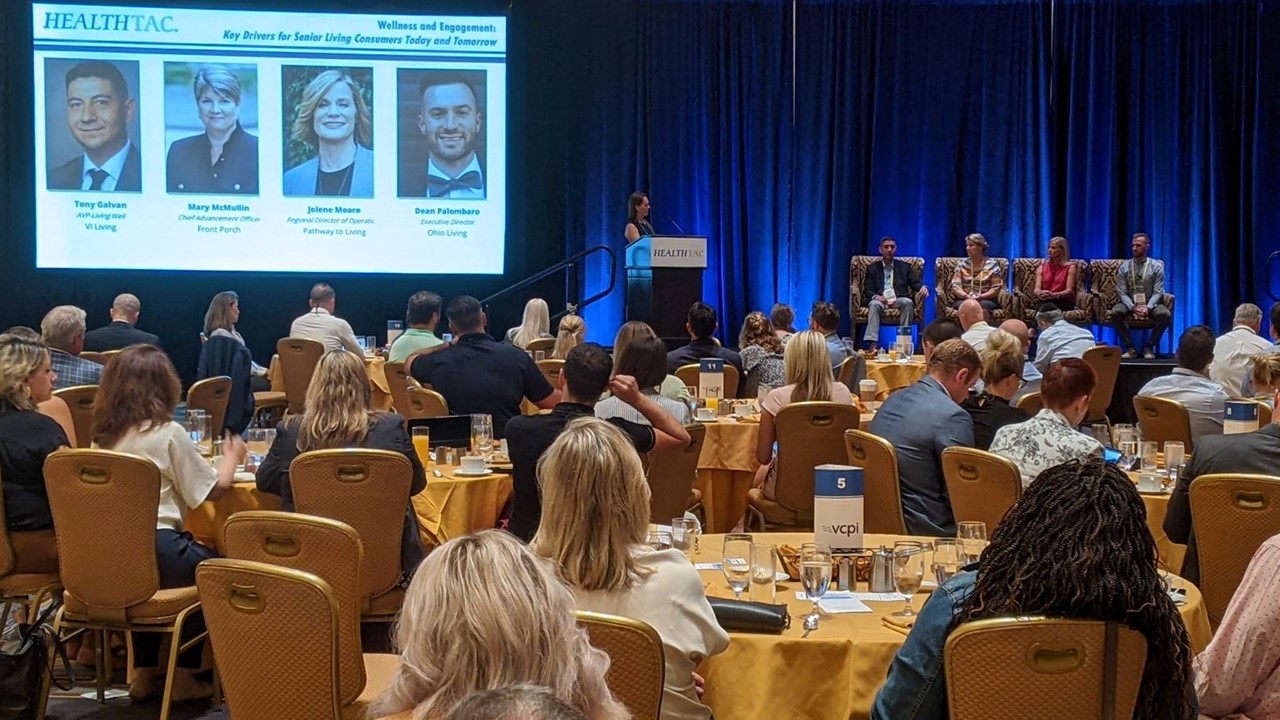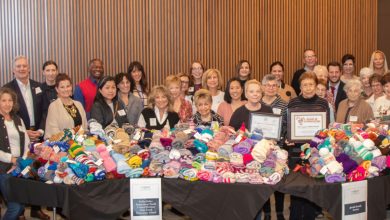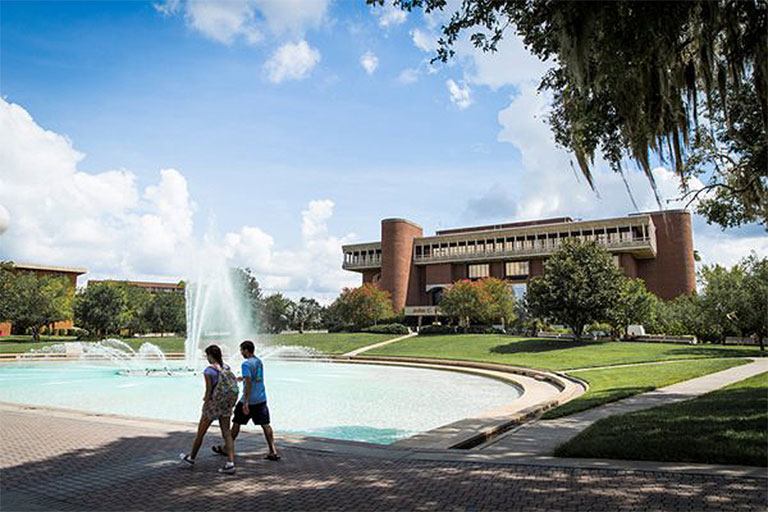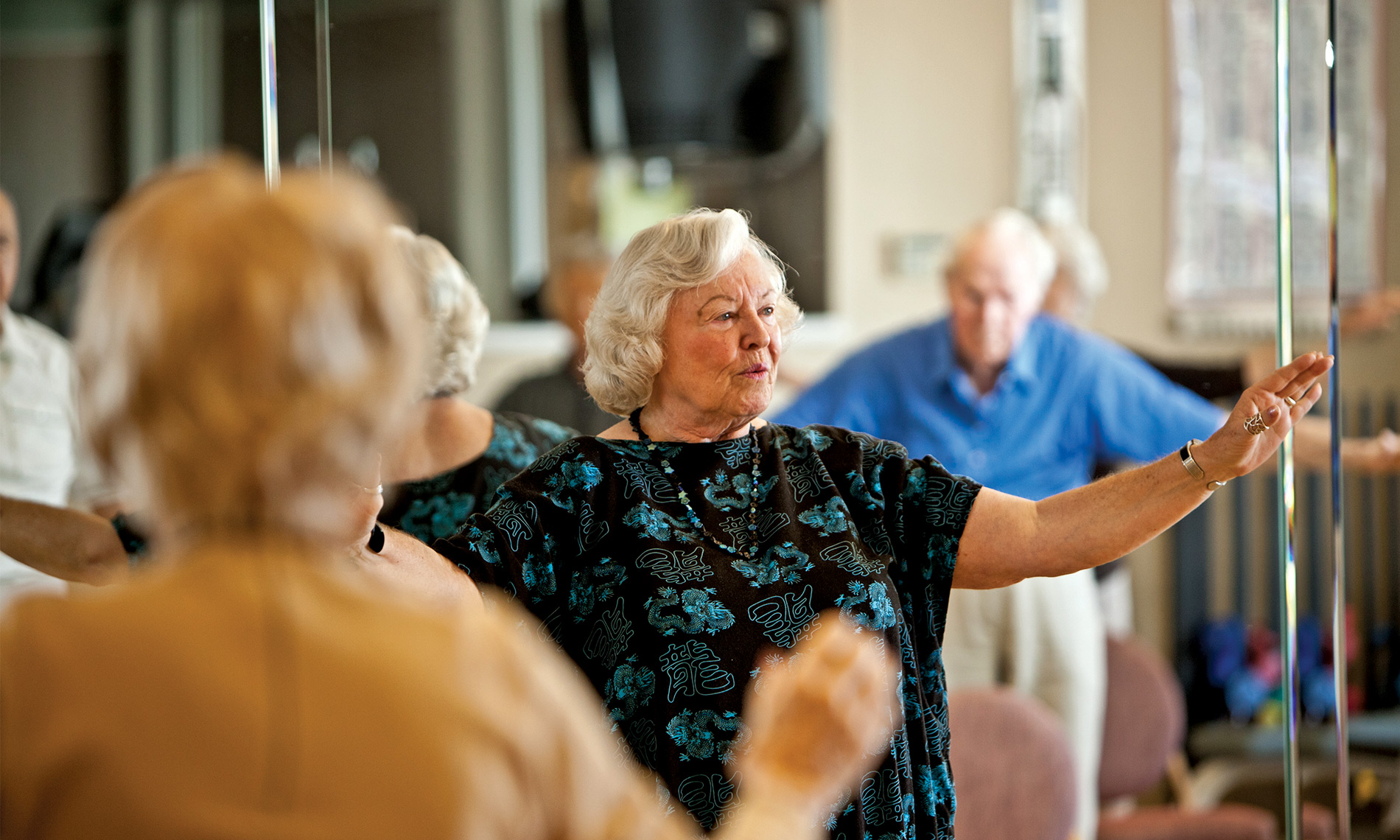
Watermark University: The Antidote to Stagnation
By Jim Nelson | August 11, 2023
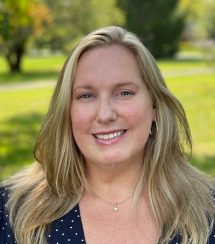
“He not busy being born is busy dying,” sang Bob Dylan back in ’65. At the tender age of 24, Dylan recognized that stagnation robs us of the precious vibrance of life.
Those who serve the aging in senior living communities understand this as well, so it’s relatively easy to find programs across the spectrum of what is collectively known as senior housing that focus on enhancing the mind, body, and spirit. Tucson, Arizona-based Watermark Retirement Communities has expanded on this theme with its award-winning Watermark University, a collection of classes, events, programs, and outings designed to be different, intended to encompass mind, body, spirit, and so much more. Watermark Communities’ programs such as Watermark University offer residents the opportunity to stoke all of the seven dimensions of wellness (spiritual, emotional, vocational, physical, social, environmental, and intellectual).
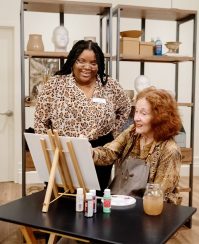 A cursory skim through Watermark’s website reveals that WU will allow you to paint, practice yoga, learn a new language, ballroom dance, sculpt with clay, or learn the art of flower arranging. WU’s classes range from guitar lessons to gardening to tai chi. And WU really lives outside the box by inviting Watermark residents to take the path less traveled and create a class where none exists.
A cursory skim through Watermark’s website reveals that WU will allow you to paint, practice yoga, learn a new language, ballroom dance, sculpt with clay, or learn the art of flower arranging. WU’s classes range from guitar lessons to gardening to tai chi. And WU really lives outside the box by inviting Watermark residents to take the path less traveled and create a class where none exists.
WU classes are taught by residents, associates, and local experts, with everyone in the community — residents, staff, family members, and volunteers — welcome to participate as both faculty and student. And WU welcomes everyone, including its residents who need assisted living, nursing care, or memory support (including their families and the Watermark staff).
Senior Living News got the lowdown on Watermark University from Watermark’s Director of Resident Engagement, Maureen Garvey.
SENIOR LIVING NEWS: What was the reason behind creating Watermark University?
MAUREEN GARVEY: Watermark University was inspired by research that indicated that a pursuit of lifelong education, and the opportunity to expand our knowledge base, had greater value than merely entertaining older adults. Continued learning was shown to delay cognitive decline.
SLN: What is the overall goal of Watermark University?
MG: Watermark University not only provides our residents and members with the opportunity to expand their horizons and continue the pursuit of learning, but it also contributes to the sense of community. As our associates, residents, family members, and local area experts step into the role of a Watermark University Faculty Member they leave behind their name tag, title, and apartment number, and step into the role of an expert, a person who is interested in sharing their skills, knowledge, life experience, and expertise.
SLN: Are there multiple parts to Watermark University, or are there only classes? How do the classes work? Is it usually just a single session, or does a series of sessions make up one class? Do the classes change regularly?
MG: Some of our classes are structured in the form of a recurring series while others stand alone as a onetime offering. This is usually determined by the subject matter of the class. We have three semesters each calendar year, however you can find new classes each month on our Community Life calendars. Some classes take place in the community while others are “off campus.” An example would be a docent-led class at an art museum, a tour of the murals in a local city, or a photography class that takes place in a setting which inspires our participants.
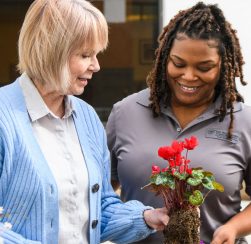 SLN: Who can participate in the classes?
SLN: Who can participate in the classes?
MG: While our residents and members are the primary participants, we often invite their friends, family members, and other older adults in the area to attend.
SLN: It seems like all kinds of classes are offered. What’s the most interesting/unique class that you’ve heard of?
MG: We’ve had classes that range from Ice Carving to Bird Watching, Harmonica 101, ASMR, Philosophy, Home Brewing, Cultural Art Through Creative Mediums, What Washington Isn’t Telling Us, Qi Gong, Neurodiversity, Meditate to Motivate, and Fabric Origami.
SLN: We understand that residents can create and lead classes. Are a lot of classes resident-led, and can you provide some examples of classes that residents have led?
MG: Every community has a variety of quarterly courses that are based on the interests, passions, and talents of the residents, associates, and even family members of that particular community. Our courses can also be conducted by “subject matter experts” from within the cities where our communities are located and then combined with an Extraordinary Outing. For example, a local opera singer could teach an opera-appreciation course, followed by an outing the next week to see the opera! We have residents that have a passion for creating art, learning about writing, starting a new hobby, or learning a new fitness routine. Resident-driven courses are supported by our Community Life teams and are often some of our best-attended programs. Our residents love to share their passions and talents with others as a part of Watermark’s life of choice and engagement. From painting, dancing, and gardening to learning how to “write your story” or perform a play, our residents have the opportunity to teach, learn, or cheer on their neighbors.
SLN: And you’ve had local experts — from college professors to world-renowned doctors — teach Watermark University classes. Can you provide some examples of interesting/unique classes and the people who have taught them?
MG: A number of our communities have invited members of local law enforcement to lead classes including K9 teams from the local police department and forensic scientists from their local law enforcement.
Our residents and associates are multi-faceted, and WU is the ideal environment for them to share their expertise or explore a new passion. We have so many examples of interesting and unexpected courses . . . here are just a few: a maintenance associate that teaches painting; a Watermark associate that teaches 3D printing; a resident that teaches how to write your life’s story; a resident and former ballerina who teaches movement; an executive director who teaches water aerobics; an executive director who teaches quilting; an opera company that shares opera appreciation; and a caregiver that teaches Jamaican cooking techniques.
[Caroline Chan also contributed to this article.]
